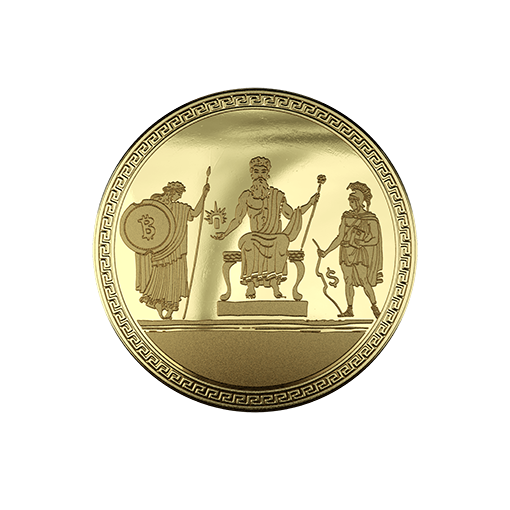
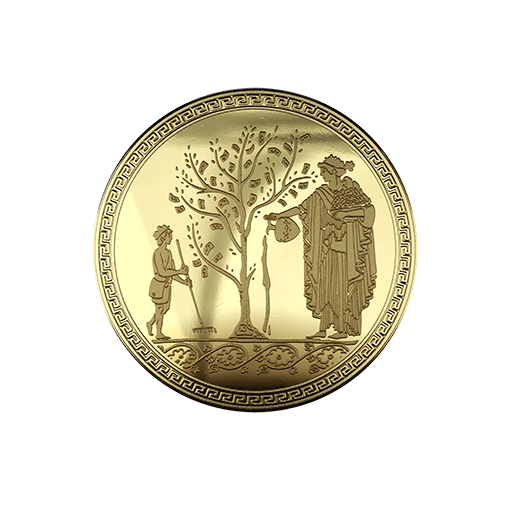
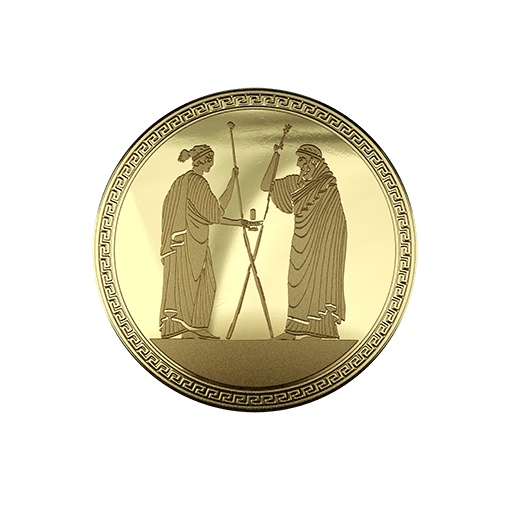
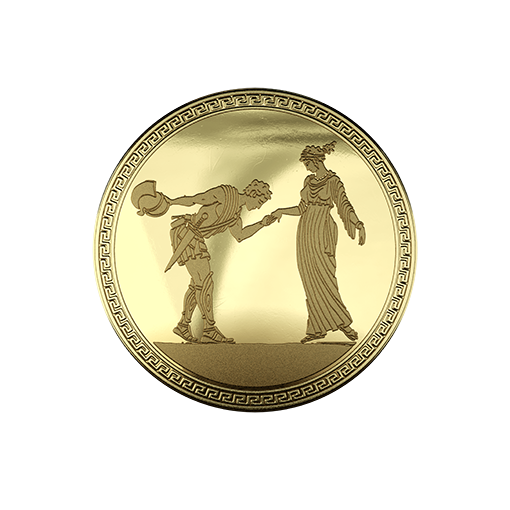
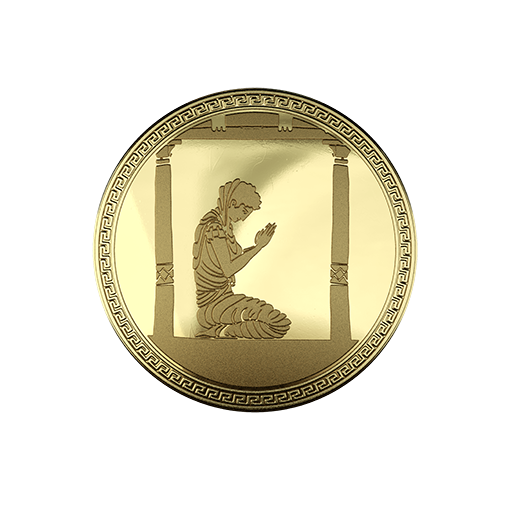
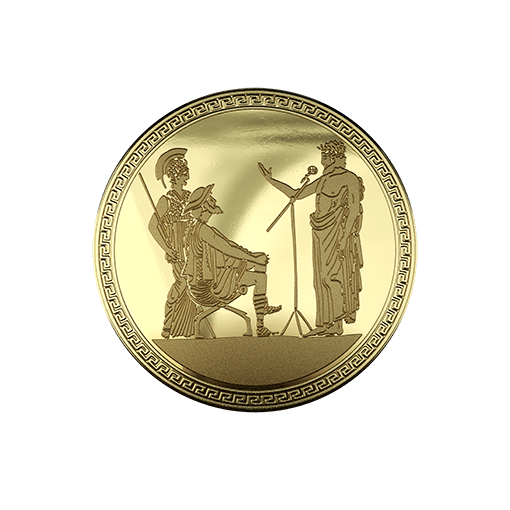
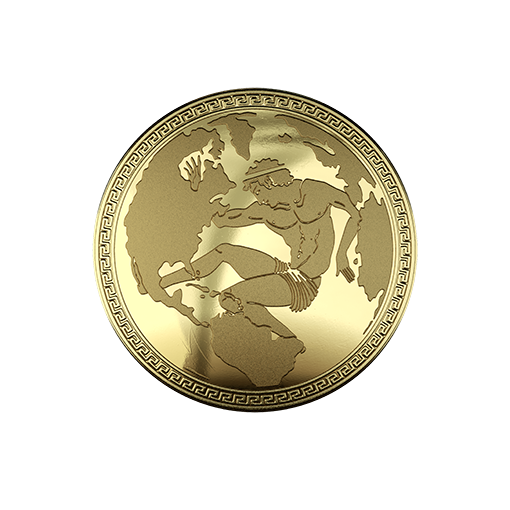
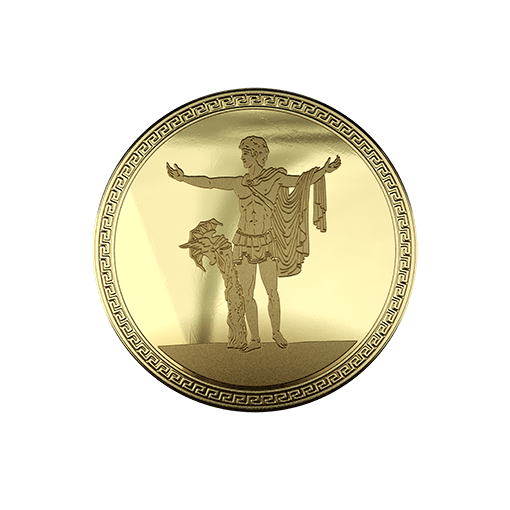
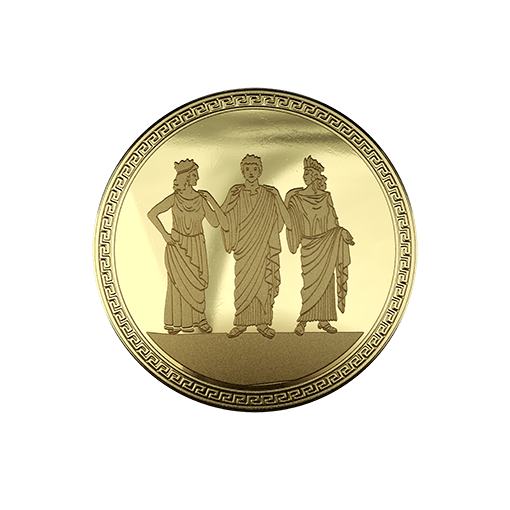


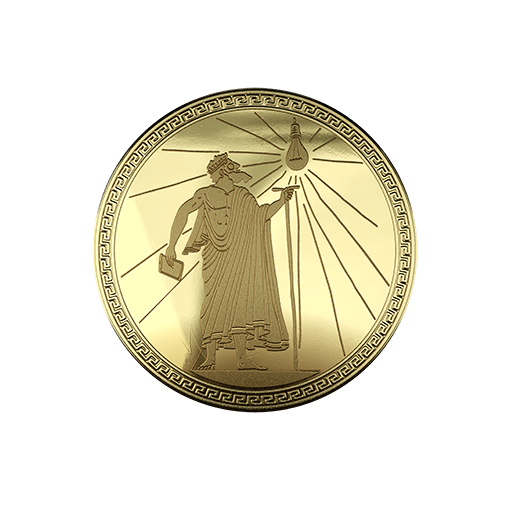
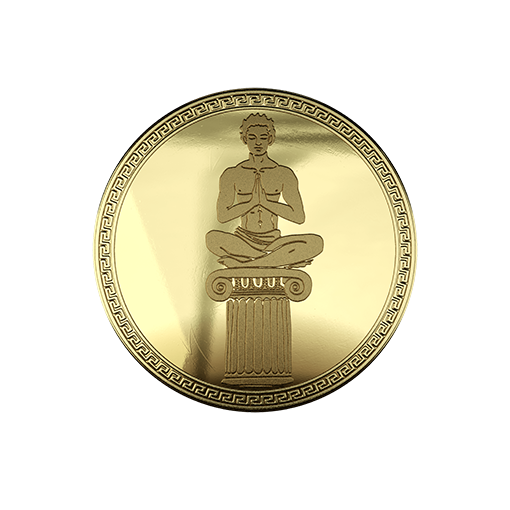
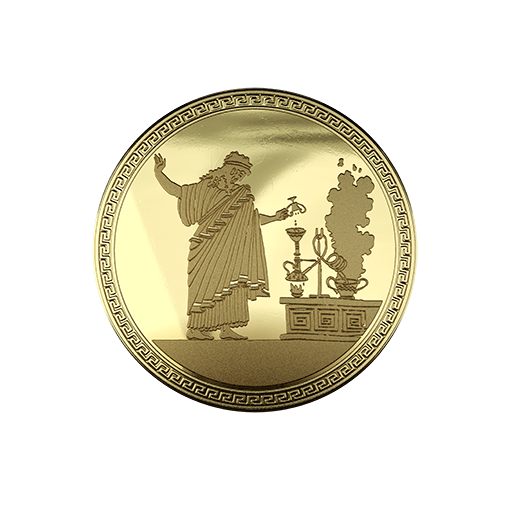
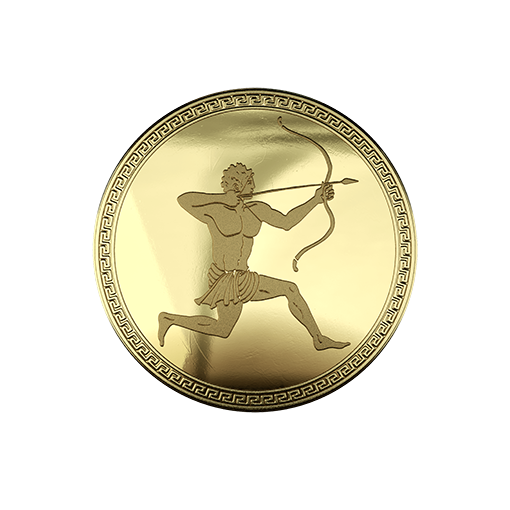
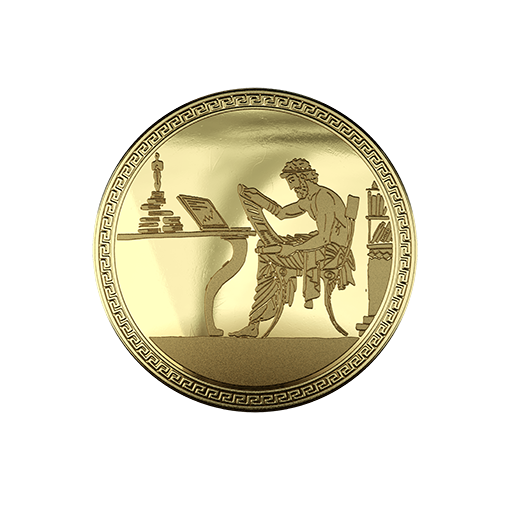
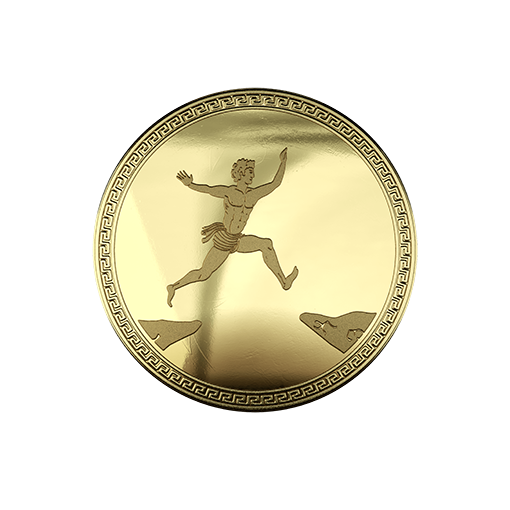
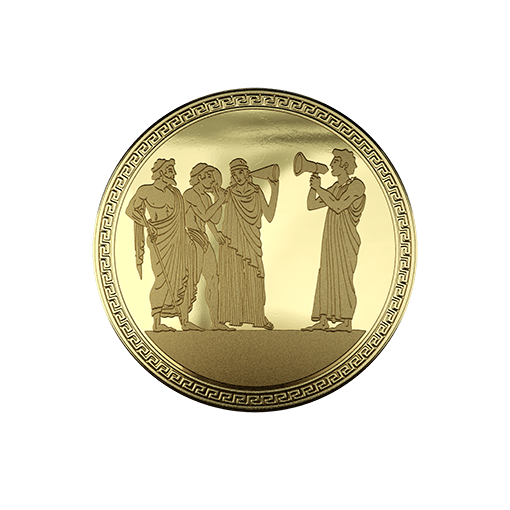
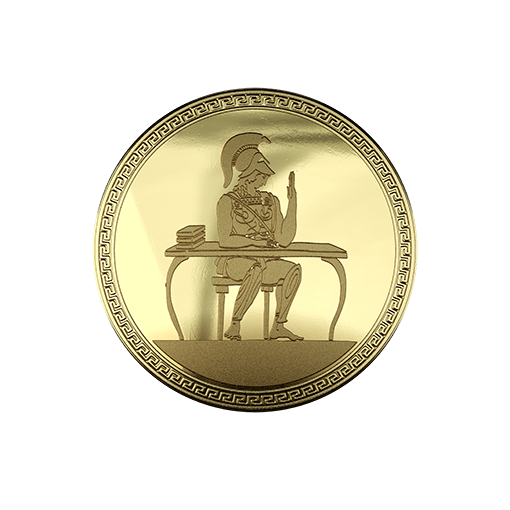

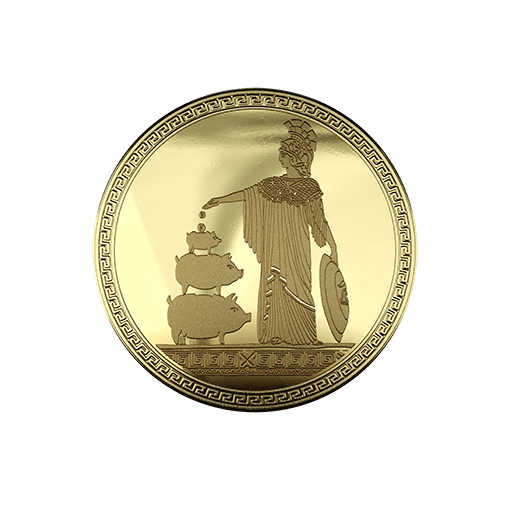

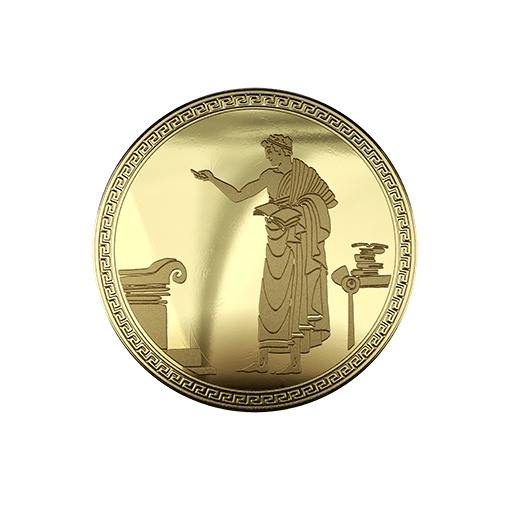
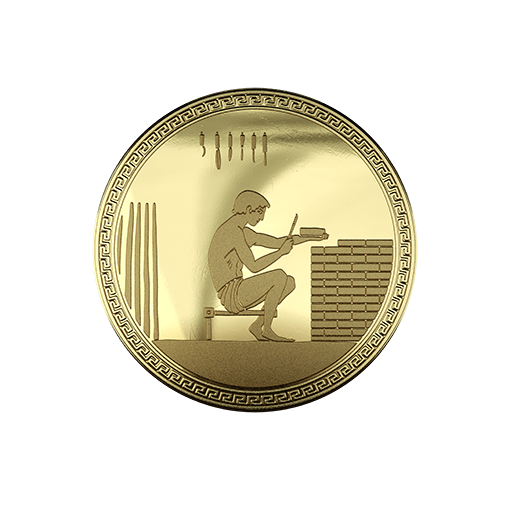

- I -
BREADTH OF KNOWLEDGE
Be able to accept different points of view and ideas.
In order to do that, it is essentials to have: Desire and willingness to accept opinions, beliefs or behaviors of other people that might be opposing or different from your own. Desire and willingness to consider unusual or polarized opinions, beliefs and practices. Tolerance to different views of other people. Tolerance for those who have different views.
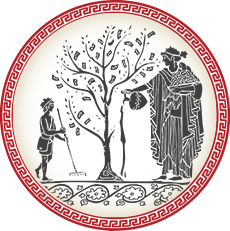
- II -
RESPECT
Be caring, kind and attentive to other people.
Being a caring person means to avoid doing things that might upset other people. Caring for another human being includes the willingness to protect and provide aid.
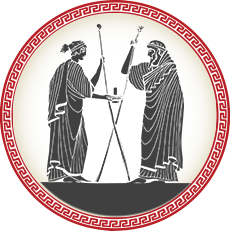
- III -
COLLABORATION
Be able to cooperate with others.
A person is willing to work in a team to ensure the success of the whole group and cooperate to reach common goals. A person needs to focus on important business issues and choose solutions that will meet group's interests.

- IV -
POLITENESS
Be polite and respect personal dignity of others.
The way you behave with other people affects your customers, employees, and your work environment. Principles of etiquette and good manners refer to types of social behavior that are applicable everywhere, even in the workplace. This leads to greater personal success, thanks to the support of the team around you.
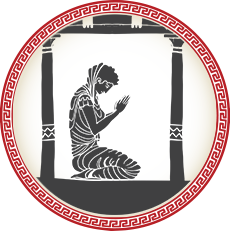
- V -
FORGIVENESS
Be able to forgive and understand people in situations where other people make mistakes.
Our employees and customers know that if they make mistakes, we will help them overcome them and teach new skills to avoid repeating same mistakes. By hiding behind the shield of criticism and not offering help or showing understanding and forgiveness, people are harming themselves and others.
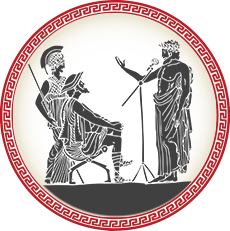
- VI -
SENSE OF HUMOR
Be able to arouse fun and joy in other people.
Positive emotions help people not only get through any difficult situation, but also overcome complex obstacles. The environment where a sense of humor is encouraged creates a more productive atmosphere and contributes to creative thinking and problem-solving.

- VII -
INTEGRITY
Be credible and follow high moral and ethical principles.
Integrity refers to integration - to make disparate parts unified, whole and complete, ready to be used to achieve specific goals. A person who is trustworthy does not hesitate to do what he or she thinks is right, and shares all intentions, desires and motives openly and honestly.
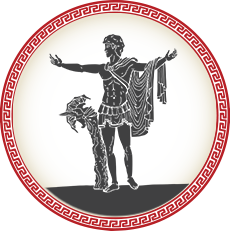
- VIII -
OPEN-MINDEDNESS
Be open and sincere when communicating with other people.
A group of people characterized by such a trait as openness can be compared to a glass house that is transparent to any members of the group.
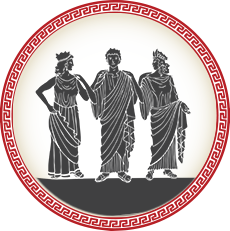
- IX -
SOCIAL EQUALITY
Be on equal footing with other people and avoid emphasizing differences in social status.
The goal of any communication is the understanding that arises equally between the participants. The more barriers in communication (including social barriers), the less understanding. Here is the basic principle of life: Do not try to convince! Seek understanding!
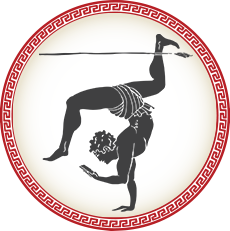
- X -
ADAPTIVITY
Be flexible and able to change in response to new life circumstances.
The behavior of a person must correspond to the emotional, informational and cultural level of the surrounding environment. Adaptive behavior is about ensuring independence of daily life and acting safely.

- XI -
INDEPENDENCE
Be independent and free in actions.
Independence is the right to lead one's own life. Without independence you can not be the captain of your life. Independence means that you share values on equal terms. You do not own unpaid debts. When you can’t repay your debts to other people, you lose your independence. If you need another person to support you, this person has authority over you.

- XII -
CREATIVITY
Be able to create new ideas and effectively fulfill them in your life.
Creativity means the ability to come up with something new. Creative thinking means thinking about new or old things in a new way. Creative people are characterized by their ability to adapt to almost any situation and use everything they can get their hands on to achieve their goals. From all human virtues, creativity is closest to Eudaimonia (happiness), which we all hope to achieve in our lives.

- XIII -
PERSONAL DEVELOPMENT
Be capable of achieving personal growth, learning and development.
Personal development creates and maintains a person's interest in various areas of life and professional activity. To be interested in something means to take care of it, to communicate with it and to control it. To do this you need to have sufficient knowledge, therefore learning is paramount for personal growth. We do our best to provide necessary training and further development for our employees and clients.
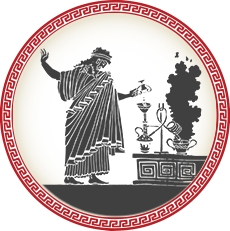
- XIV -
EXPERIMENTALISM
Be ready to apply a trial-and-error method to problem solving.
An experiment is the main reason for the growth of any civilization. We come to an understanding of how we think and behave through experiment.

- XV -
PERSISTENCE
Be capable of persistently pursuing the goals you set.
Perseverance is the ability to continue to act accordingly, even when you must deal with conflict. It is difficult to be effective and achieve your own goals avoiding responsibility for completed tasks, hiding important information and violating the agreed work terms because of the fear of expressing your displeasure or anger openly. We allow and welcome honesty. Everyone has the right to speak out if something is upsetting in his/her endeavors.
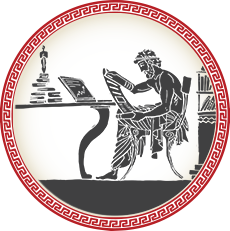
- XVI -
DILIGENCE
Be able to work long and hard to achieve results.
Diligence is one of the seven divine virtues. Diligence indicates one’s belief that work is good by definition.
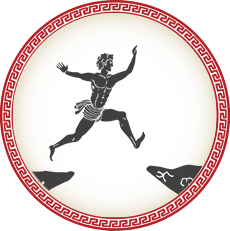
- XVII -
DECISIVENESS
Be capable to take responsibility in a difficult life situation with no hesitation.
Initiative and creativity move the world forward. They promote the implementation of innovative ideas and contribute to sustainable development. Never stand still, do more than what is required of you, think like a member of the team! Talk about your ideas, recognize the authorship of your work, use every opportunity and be independent.
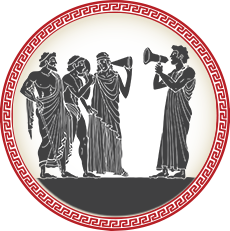
- XVIII -
AWARENESS
Be able to know and understand your environment and those interested around you.
Try to monitor everything that happens around. Be curious and ask questions. Try to figure out how everything works and analyze every situation. This will generate new ideas and more effective ways of self-development.
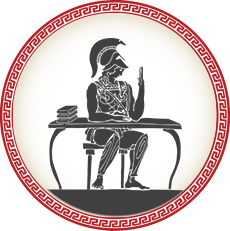
- XIX -
CONSCIENTIOUSNESS
Be able to follow instructions and rules when circumstances require it.
In today's world of business, there are many required formalities, such as laws, internal rules, professional standards, work guides or control procedures. We comply with the rules and laws of countries where we operate.
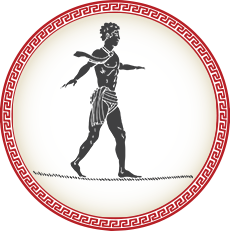
- XX -
CAUTIOUSNESS
Be moderately careful and try to avoid unnecessary risks.
The risk comes from uncertainty. In any case, uncertainty and risk are significantly reduced when you are surrounded by people whom you can trust. Therefore we minimize risks by increasing our competence and building a trusting work environment.
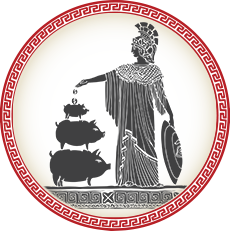
- XXI -
THRIFT
Be economical and cautious in spending.
Thrift is the practice of judicious use of resources. The idea of thrift: "Use everything that you have wisely in order to enhance your prosperity." The way HOW you manage your money can make you happier.

- XXII -
LOYALTY
Adhere to existing ceremonies and respect the traditions of your group.
Ceremonies and traditions are integral elements of any group’s culture. Non-adhering to traditions will eventually create a trust gap between a group and an individual. In this group, an individual most likely won’t be able to effectively communicate and act accordingly. Such traditions can include requirements to the dress code, speech, language, behavior, to the way ideas are expressed, time-management and so on.

- XXIII -
CONSISTENCY
Be able to think rationally and only in terms of facts and figures.
Consistency is very important in decision-making and problem-solving process. The decision-making process is completely under your control. You can change your mind and your actions at any time. Even when you feel stuck or confused, changing your attitude towards decision-making can turn your existence into a real life.
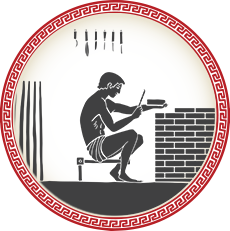
- XXIV -
NEATNESS
Be neat, tidy and well-organized.
Orderliness is the knowledge of what you need to remove from your life and environment, and having the courage to actually do it. Order means keeping things clean, tidy, functional and in place. Nobody can work effectively if there are chaos and disorder. We strive to ensure order is maintained in our environment.
